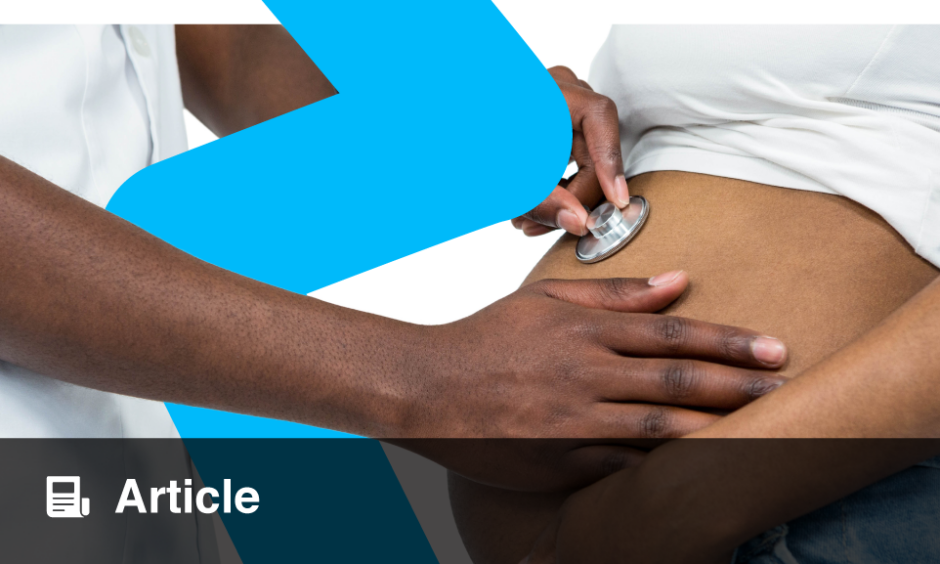HEAVY menstrual bleeding (HMB), a common menstrual disorder, has been linked to several multiple risk factors of cardiovascular disease (CVD) in females. Utilising data from the National Inpatient Sample Database from 2017, researchers examined the hospitalisations of females aged 18–70 years with a diagnosis of HMB and normal menstrual cycles. The study aimed to explore the relationship between HMB and multiple CVD outcomes, particularly in the context of whether irregular menstruation (IM) was present.
The researchers analysed hospital records of over 2.4 million females, identifying 7,762 cases of HMB in females aged 40 years and younger, and 11,164 cases in females over 40. The study found that among younger females, those with HMB had significantly higher odds of experiencing major adverse cardiovascular events (MACE) (odds ratio [OR]: 1.61; 95% confidence interval [CI]: 1.25; 2.08), coronary heart disease (CHD) (OR: 1.72; 95% CI: 1.10-2.71), stroke (OR: 1.95; 95% CI: 1.12-3.40), heart failure (HF) (OR: 1.53; 95% CI: 1.15-2.03), and atrial fibrillation or arrhythmia (AF) (OR: 1.84; 95% CI: 1.34-2.54).
Interestingly, these associations were not observed in females over 40 years old, suggesting that the impact of HMB on cardiovascular health might be more pronounced in younger females. However, further analysis revealed that HMB without IM was strongly linked to diabetes, heart failure, atrial fibrillation, and major adverse cardiovascular events, while HMB with IM was more strongly associated with coronary heart disease and atrial fibrillation.
These findings underscore the importance of routine investigation and screening for menstrual disorders, particularly HMB, in young females. Early identification and management of HMB could play a crucial role in CVD risk stratification and prevention strategies, potentially improving long-term health outcomes for this population.
Reference
Dubey et al. Association of heavy menstrual bleeding with cardiovascular disease in US female hospitalizations. BMC Med. 2024;22(1):208.








